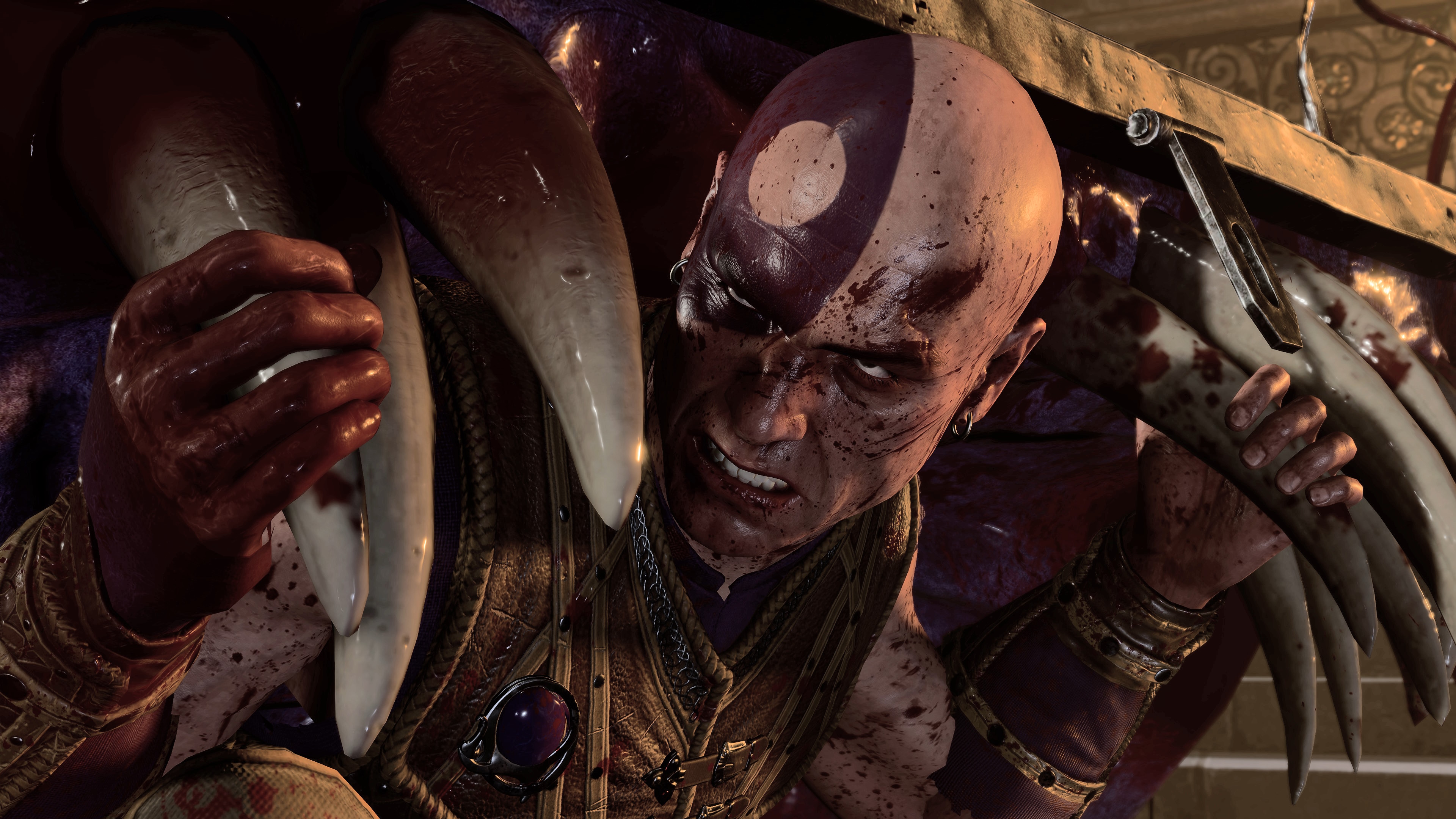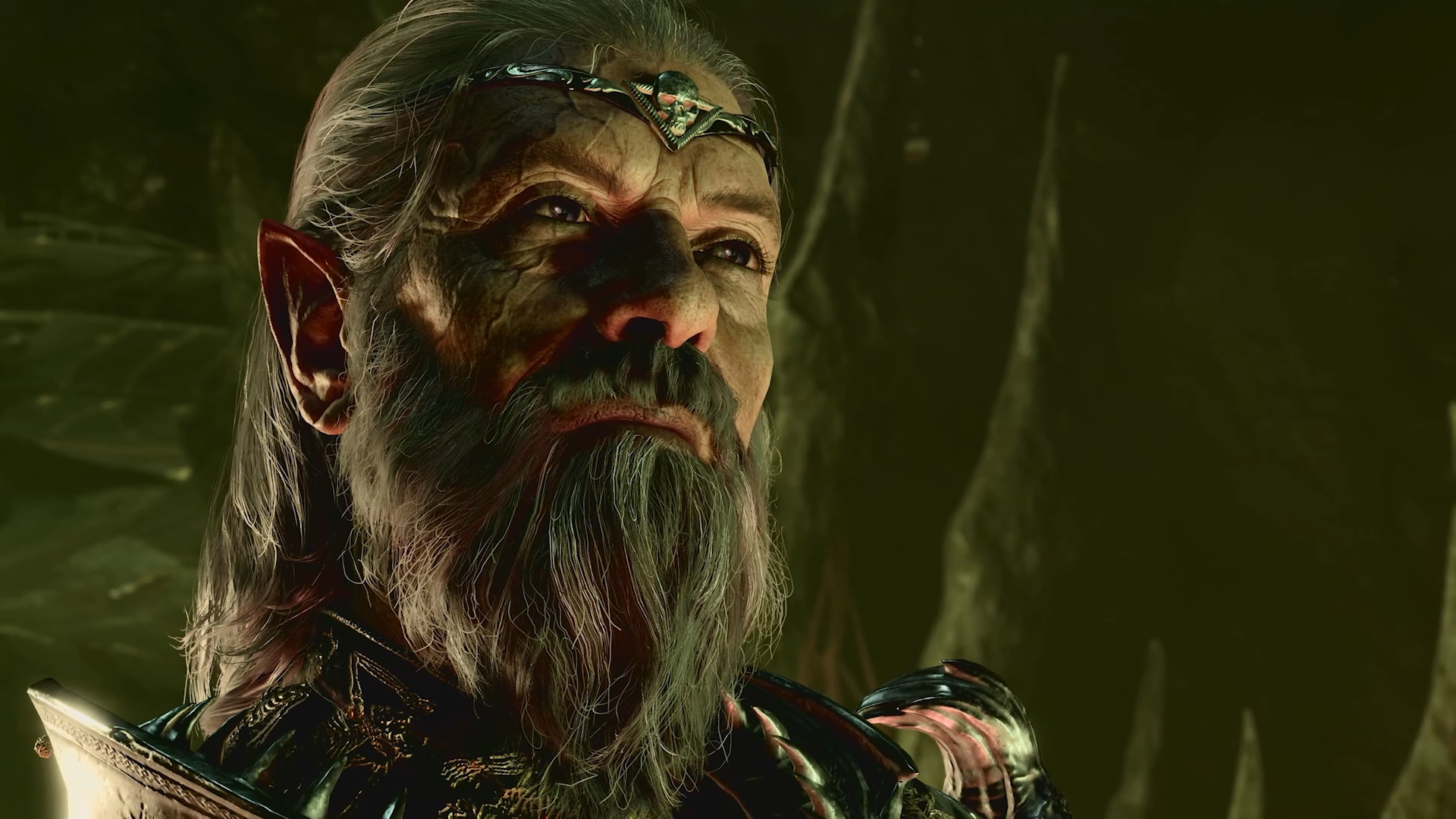
Fantasy: Baldur's Gate 3 will be the biggest, deepest videogame representation of D&D of all time, built to fulfill the essential promise of a tabletop adventure which is going on an epic quest with The Boys.
Reality: The Boys have jobs. The Boys are three timezones away. The Boys have plans on the weekend. The Boys are in their mid-30s and would really prefer to be in bed by 11.
There's no game this year I'm more excited about than Baldur's Gate 3, which is now just double-digit hours away from release. But there's also kinda no game I'm dreading more than Baldur's Gate 3. The epic scope of this RPG means it's also going to pose an epic challenge: coordinating the life schedules of four busy adults so that it won't take us a damn year to play this 100-plus-hour game.
This is not a thought exercise in anxiety; I've had firsthand experience. In 2017 and 2018 I played Larian's last RPG, Divinity: Original Sin 2, with a pair of lifelong friends. My friends and I started Divinity: Original Sin 2 on September 24, 2017, just a week or so after launch. We finished it on February 21, 2018—five months and 104 in-game hours later.
It's hard, really hard, for me to commit that kind of time to a game anymore. The raw hours aren't the big deal: it's the scheduling, and the potential guilt that comes from going to the movies on a night when everyone else is free, or the disappointment of being all ready to play only for someone else to call it off at the last minute. Where most multiplayer games can be played in 30 minute chunks or with one friend absent here and there, that inconsistency doesn't really work in a sprawling RPG.
We also played the first Original Sin in co-op, and the option to play Larian's games this way is what elevates them from great to incredible for me. It's not just that they have thoughtful writing, creative quests and deep sandboxes to mess around in. It's that I can experience all that with friends and Larian's games thrive in that context. Take Original Sin 2, for example:
- The turn-based combat is complex and time-consuming, but in co-op we each only had to worry about controlling one character at a time
- The most difficult combat encounters required us to meticulously coordinate our abilities, resulting in some really memorable, satisfying wins
- Exploration feels more efficient and more natural when you can split up cover different corners of the map, then reconvene to take on a fight or quest
- The finale, in which only one of your party can essentially ascend to godhood, hits different when you're actually competing with the friends you just spent 80 hours cooperating with
With the addition of narrative branching driven by D&D dice rolls, romance scenes, and the dizzying variety of race/class/subclass variety in Baldur's Gate 3, I am ecstatic thinking about how this game will play in co-op. I get to focus on my own character but see what my friends come up with, too, and I know they'll stumble into funny or unbalanced strategies that I wouldn't think of solo.
But how the hell are we ever going to make time to finish it?
Neverquest

Original Sin 2 was a five month marathon, but Baldur's Gate 3 is going to be even tougher. We're adding a fourth player to the mix and have busier lives than we did five years ago. It'll be replacing our already-inconsistent weekly Gloomhaven session, which for some time we've been squeezing in about two hours for, one day a week. At that rate we'd be wrapping up Baldur's Gate 3 in August 2024—long enough for me to forget how our quest began by the time we reached the end.
Even if the game does include hints to get us back up to speed, clearly taking a year to finish a single campaign isn't an ideal pace. I know tabletop D&D games can stretch on for way longer than that, but that kind of time commitment has always been a big turn-off for me, which is one reason I've always stuck with videogame RPGs that are breezy in length by comparison (that, and being way too self-conscious to sit at a table pretending to be an elf). So I've set my sights on a more ambitious schedule: With a combination of a couple weeknight sessions and intermittent weekend afternoons, maybe we can put in 10 hours a week! Then we'd be wrapped up by mid October, assuming Baldur's Gate 3 takes us around 100 hours.
But there's that work trip I'm going on in August, and that family visit in September, and the wedding in October…
And one friend works a late shift one or two weeks out of the month, making it hard to game on those nights…
And another devotes a lot of his limited free time to the gym, and his Sundays will be spoken for as soon as football season starts back up in September…
I don't even want to think about what could happen if any one member of our party decides to dabble with Starfield. As soon as someone starts collecting space sandwiches, that's it, our Baldur's Gate 3 adventure will be knocked off track for weeks.
I sure hope Baldur's Gate 3 has one of those "Previously on…" recap features to help us remember what we were doing anytime we miss a week. As much as I'd love to prioritize this quest over the next few months, I know life's going to get in the way. I'm just as confident it'll be worth it, though. We could each play Baldur's Gate 3 separately and talk about our experiences, and that'd be fine—great, even, if this game meets or surpasses the legacy of BioWare's games. But a co-op mode this unfettered, this sandboxy comes along so rarely, playing it myself feels like a wasted opportunity. Right now it's tough, but possible, for us to spend this time together, but what if that's not the case by the time Larian's next game rolls around?
Anyway, I haven't even started Baldur's Gate 3 yet and I'm already struggling with a major fork in the road: Is it too embarrassingly uncool to schedule our videogame sessions on Google Calendar, or is that just the kind of lawful good party we're going to have to be to finish this absolute unit of an RPG?







